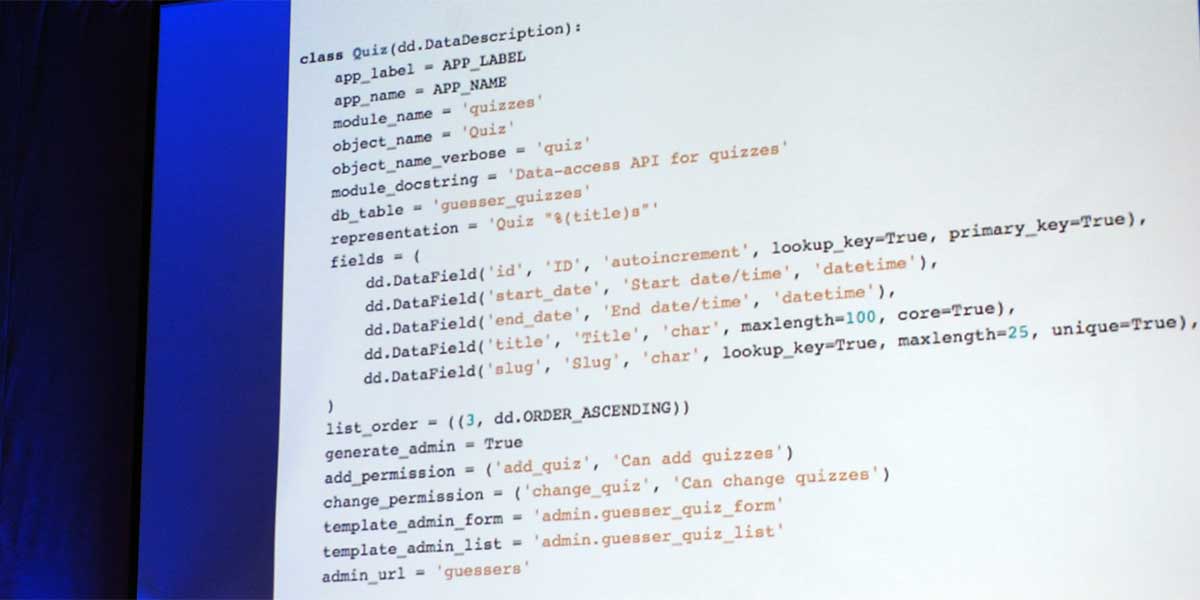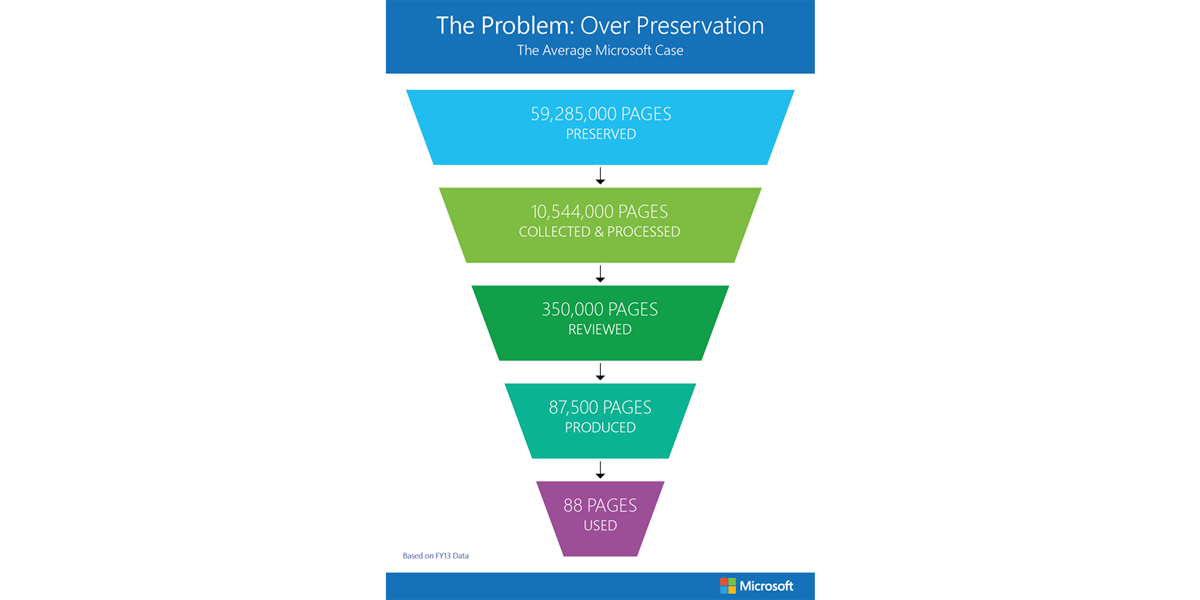Today, Microsoft posted an article about eDiscovery that shed some light on their internal preservation and review burden. “In FY 2010, Microsoft had to preserve about 39 terabytes in total to comply with obligations. By the end of FY 2013, that number grew to more than 261 terabytes.” They also note that the company has …
Read MoreArchive / 2013
Asking Questions During Training

This morning, Above The Law posted seven tips for new contract attorneys. Take a moment to look over their list and explanations; generally, it contains some good advice. Their second tip, “Don’t ask hypothetical questions”, is particularly wise. Use the question time after a training to clarify any confusing or conflicting information provided in training. …
Read MoreQuitting a Doc Review Project Early

Project schedules are always unpredictable. Populations and deadlines change, team members move faster or slower than expected, the database takes a nose dive on the Thursday before a production deadline or (my personal favorite) the day before you’re done, someone “finds” a population of data roughly the same size as what you just finished. When …
Read MoreWhy Can’t I Use My Cell Phone During Doc Review?

New reviewers often express frustration about the number of rules involved in document review. Review attorneys are generally quite intelligent and hardworking people – being told what to wear or what to do seems, for many, insulting. Rules are necessary, though, because not everyone conducts themselves in a way that respects everyone working around them. …
Read MoreInternet Archive Scanning Center Fire – Donations Needed

The internet provides an amazing ability for immediate change. As new information is available, sites can be updated, documents republished and content refreshed to reflect new information. I first encountered the Internet Archive when I needed to be able to demonstrate what had been removed from a website. Fortunately, the Wayback Machine was ready and …
Read MoreThe Importance of Affirmative Tags
Designing an effective, intuitive coding layout is not always as easy as it seems. Often, the choices made in coding selections will color the ultimate work product, so much care and attention goes into crafting specific issue codes and responsiveness instructions that distill various requests into easily understood components. That list will then circulate through …
Read MoreDjango for Reporting

Generating reports and logging data is a common but necessary task for all project managers. When dealing with eDiscovery, the task can quickly grow out of hand. Populations, progress, errors, deadlines, billing and all sorts of other information must be easily accessible to those managing the matter. Without the right data, you can’t work efficiently. …
Read MoreCriminal and Governmental eDiscovery

Justin Murphy of Crowell & Moring in D.C. recently published an article on dealing with electronically stored information (ESI) for criminal defendants, prosecutors and defense attorneys. He notes, as have many working to produce information to the government, that some of the protections against discovery abuses found in the civil context have not yet developed …
Read MorePlease Google, Let Me Pay

As everyone knows, Google Reader will soon be no more. I’ve tried many replacements but have found none which don’t require annoying compromises. I don’t want just a mobile app. I don’t want a special plugin. I want to be able to move through all my feeds on the keyboard, instead of just the items …
Read MoreLaw Ratchet’s Content Racket
Scott Greenfield over at the incredible blog Simple Justice recently noticed that his site’s RSS feed was being republished on the new Law Ratchet website. The site seems to be a curated collection of legal blogs republished in such a manner as to appear to be content from the website itself (instead of operating as …
Read More